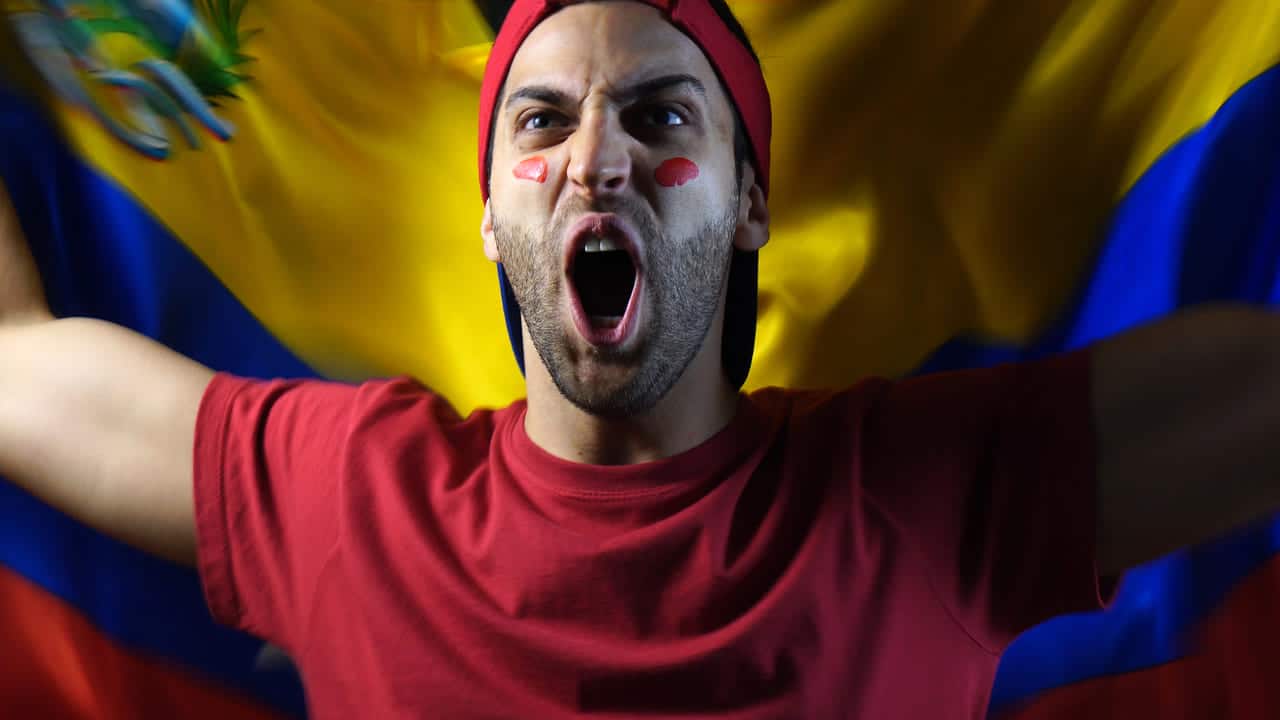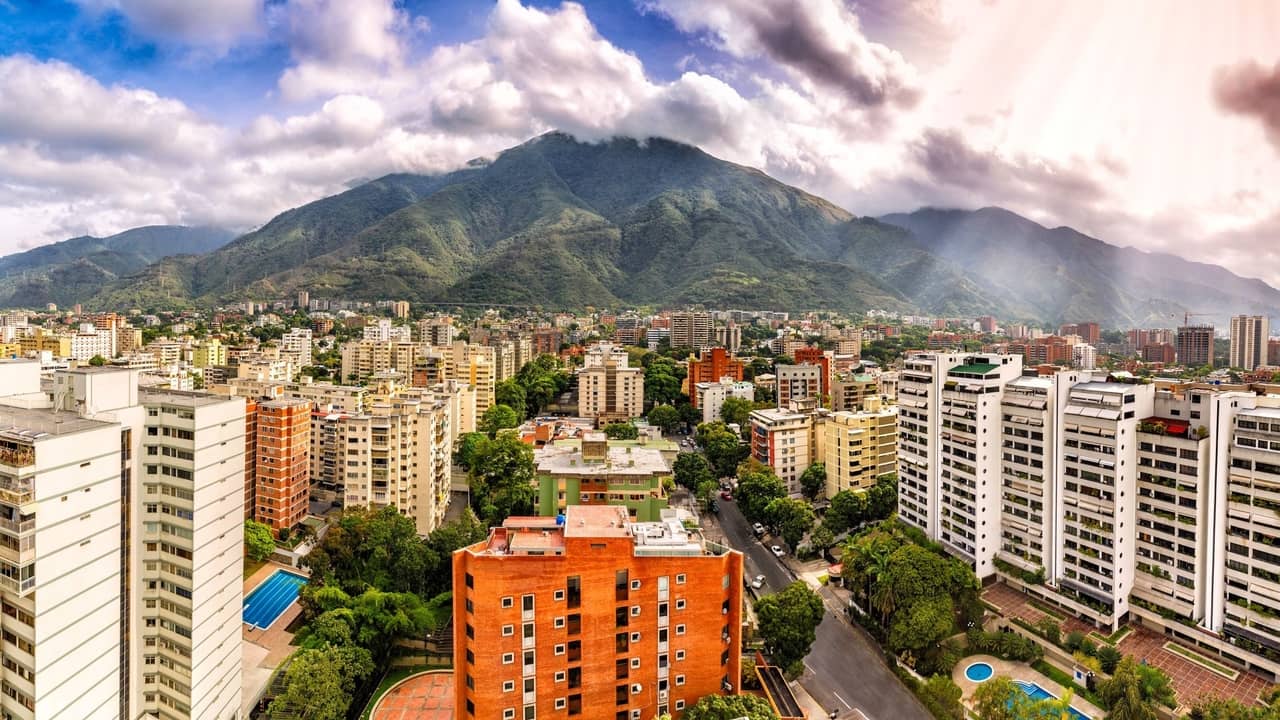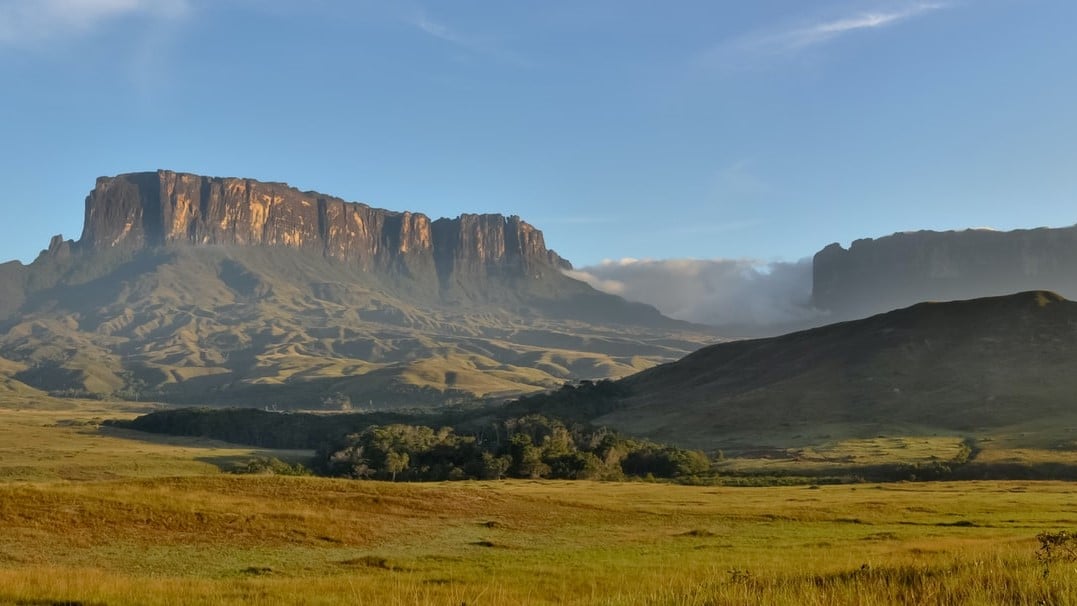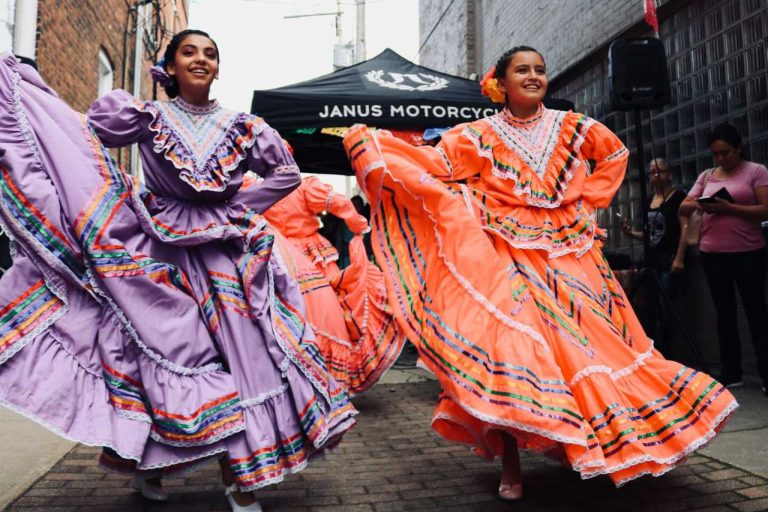
The Most Popular Venezuelan Slang Words and Phrases
DATE:
When we talk about the culture of a country, we do not only refer to its traditions, typical festivities, or gastronomy. A key identifier of a person’s nationality is the use of language, accent, and slang words. Among Spanish-speaking countries, Venezuela stands out in this regard. Located in the north of South America, Venezuela has been a destination for immigrants from around the world since colonial times. This trend intensified between 1960 and 1990 during the oil boom, making Venezuela one of the most prosperous countries in Latin America.
Although circumstances have changed, the cultural influence of Spanish, Portuguese, Arab, Chinese, African, and Asian communities remains significant, creating a rich linguistic tapestry. Venezuela’s unique language can be confusing for foreigners, even those from other Spanish-speaking countries. However, the warmth of its inhabitants ensures a welcoming experience. Understanding the origins and meanings of popular Venezuelan slang phrases reveals much about the country’s vibrant cultural identity.
Most Popular Venezuelan Slang Phrases
There are many phrases, expressions and words that identify the Venezuelan Spanish language from any other. Knowing it is a very interesting adventure that allows you to give a new approach to Spanish. Here are some of its most popular Spanish slang phrases.
Echarle pichón
It means when someone is striving to get something, for example, when Carlos works tirelessly to buy a new car.
- Carlos le está echando pichón: Carlos is trying very hard.
Jala bolas
It’s used when someone is extremely flattering, with the intention of falling into grace or getting some benefit.
- María le jala demasiadas bolas a su jefa con tal de conseguir un ascenso: Maria is too much of a flatterer with her boss to get a promotion.
Pela Bolas
This expression is often used when a person has run out of money.
- Estoy pelando bolas, no pude trabajar esta semana: I’m out of money, I couldn’t work this week.
Mamar gallo
it doesn’t literally mean “to suck a rooster” but instead, a phrase venezuelans use to express a joke or when someone has been tricked.
- Me están mamando gallo: They’re playing a practical joke on me
Echarse los palos
It refers to the act of drinking liquor or having a drink of liquor with friends.
- Luis y José fueron a echarse los palos: Luis and Jose went to have a few drinks.
Bajarse de la mula
It defines the fact of paying cash hard, either for a debt or for a service in general.
- Mi pana, debes bajarte de la mula si quieres comprarte esa guitarra: My friend, you must pay a lot if you want that guitar.
Echar un camarón
They refer to the momentary naps that are taken during a working day or in the afternoon.
- Luis está echando un camarón: Luis is taking a short nap.
Recoger los macundales
It refers to picking up your belongings and leaving. The word “Macundales” means in Venezuela anything you can carry.
- Chamo recoge tus macundales y vámonos: Man, pick up your things and let’s go.
Sacar la piedra
It’s an expression that means someone or a situation is getting on your nerves.
- Me saca la piedra que María no limpie los platos después de comer: It really bothers me that María doesn’t do the dishes after eating.
Echar los perros
It means to pretend to a girl or a boy, to flirt in a recurrent way with the hope of having a love relationship in the future.
- Carlos le está echando los perros a Sandra: Carlos is flirting with Sandra.
Venezuelan Slang Words Used To Describe Someone

Chévere
The most common slang word in Venezuela. The term refers to an idea, something or someone positive, nice, cool, friendly or amazing.
- La fiesta estuvo chévere: The party was amazing.
- José es muy chévere: José is nice.
It’s a very friendly word, so don’t hesitate to use it in everyday situations.
Chamo
It is used to identify a young person or friend, regardless of whether it is a stranger or an acquaintance.
- ¿Qué tal chamo? Me alegro de verte: How about friend? Good to see you.
- Esos chamos andan bailando en el escenario: Those kids are dancing on stage.
You can refer to any stranger on the street with full confidence; it’s a very friendly word.
Pana
This term is practically a synonym of Chamo, used to express when someone is very friendly and cool.
- Alejandra es muy pana: Alejandra is very friendly.
- Esos chamos son muy panas: Those youngsters are very friendly.
Cuaima
A woman who is jealous, obsessive with her partner, does not allow her to talk to other girls and even checks her cell phone constantly in search of some detail that could be related to an act of infidelity: That woman is a Cuaima…
- La jeva de Fernando es muy cuaima: Fernando’s girlfriend is very jealous.
- No le escribas a Pedro, su jeva es muy cuaima: Don’t write to Pedro, his girlfriend is very jealous.
Pichirre
It refers to a person who does not like to share or who is very stingy.
- María es pichirre: Maria doesn’t want to spend her money.
- No seas pichirre: Don’t be stingy.
Pavoso
It’s used to describe someone very unlucky, or who attracts bad luck to those around him.
- Eres muy pavoso: You are an unlucky person.
- Marcos es un pavoso, cada vez que viene pasa algo malo: Marcos has very bad luck, every time she comes something bad happens.
Venezuelan Slang Words used to describe situations, things or moods
Fino
It means that something is very well done or looks great, also expressing a positive affirmation and closing a conversation.
- El Centro comercial nuevo esta fino: The new shopping center was very good.
- Se te ve fina esa ropa: Those clothes look great on you.
- Fino, hablamos luego: Okay, we’ll talk later.
Chimbo
It is the opposite of fino. The word refers to something very bad, cheap, of bad quality and a sad state of mind.
- El centro comercial nuevo quedó chimbo: The new shopping center was bad, not nice.
- Se te ve chimbo esa ropa: Those clothes look very bad on you.
- El teléfono tuyo es chimbo: Your phone is of bad quality.
- Me siento chimbo hoy: I am a little sad today.
In Colombia it has a completely different connotation, and it is used to say that something is good.
Arrecho
This word is so common that it is used to express completely different facts; you can say that you are upset or angry, and also say that something is amazing and incredible. Quite confusing.
In this case the context will be the determining factor.
- Sofía está arrecha: Sophia is angry.
- Ese carro está arrecho: That car is awesome.
You must be careful because in other countries like Colombia “Arrecho” means to be horny. So don’t go around telling someone look “muy arrecho”, it would be really awkward.
Perico
Like “arrecho”, this word has different connotations, its literal translation means: colorful bird or parrot, however, it is used to identify a typical dish of scrambled eggs or cocaine (Yes, that’s how confusing it can be)
- Me gusta desayunar perico: I like to eat scrambled eggs for breakfast.
- Qué lindo perico: What a nice little parrot.
- Es adicto al perico: He is addicted to cocaine.
If you go to a restaurant you can order a dish of arepas con perico, but we do not recommend that you order perico on the street, you understand why.
Bululú
It is commonly used to refer to a chaotic agglomeration of people.
- En el Centro Comercial, hay un Bululú: In the mall, there are many people.
The Most Common Multipurpose Venezuelan Slang Words
Coño
A Spanish curse word widely used in Spain and the Caribbean (Cuba, Dominican Republic, and Puerto Rico). It literally refers to female genitalia, but the term comes with a variety of meanings and connotations depending on the context in which they are applied. Venezuelans use it to spice up their phrases, to express surprise, frustration, admiration or in a derogatory way, for example:
- Coño, ¡qué sorpresa!: Damn, what a surprise!
- Coño, mi pana, una ladilla ese problema: Damn bro, so annoying that issue.
- El coño de su madre de Fernando – that depending on the context it might mean that Fernando is a mediocre person, a son of a bitch, a perceptive or an astute person or an ungrateful bastard.
Vaina
This is the multifunctional term in Spanish language. Vaina means a thing, a gadget or a situation. For example you can say:
- ¿Qué vaina es esta?: What is this thing?
- Cuidado con una vaina Carlitos, estás avisado: Careful with a thing, Carlitos, you’ve been warned.
Ladilla
The word is used to describe someone or something really annoying. It can also be used as an expression of frustration.
- Ese pana es una ladilla, se la pasa hablando solo de sí mismo: That guy is really annoying, he only talks about himself.
- ¡Qué ladilla, me quedé sin gasolina!: Damn! I ran out of gas!
Burda
It refers to a great amount of something; they can be tangible or intangible. This Word means: a lot or quite.
- Creo que mejor no salimos hoy, hay burda de gente en la calle: I think it’s better not to go out today, there are a lot of people in the street.
- Luis está burda de loco: Luis is very crazy.
Enratonado
Estar enratonado or tener el ratón is the Venezuelan way to describe the hangover after a heavy night of drinking.
- Amanecí enratonado, pero qué chévere pasamos la noche con los panas: I woke up with a hangover, but what a good night we spent with friends.
- Chamo pero qué ratón tan fuerte cargo hoy: Dude, what a hangover have today!

Use what you learned!
These are just some of the most popular expressions in the Spanish Venezuelan slang, one of the most colorful and funniest jargon in Latin America. Each of these will help you blend in the country like one of the locals, and we assure you Venezuelans love when someone tries to learn their ways.
If you’re ready to take your practice to the next level, our team can support you. Try our one-on-one free class or sign up for a free 7-day trial of our group classes to see why thousands of students trust SpanishVIP!











